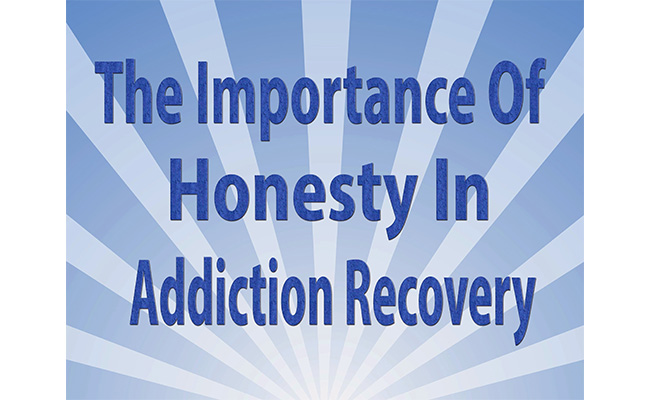Self deception is a tricky topic because if you are deceiving yourself you are unlikely to be aware that you are allowing yourself to believe lies. This ties into addiction as you convince yourself, often for a lengthy amount of time, that you do not have a problem with drugs or alcohol or that you are leading a perfectly normal life while using. You may also believe that you can get clean alone without the help of anyone, but this is nearly impossible. Related to self deception is lack of trust. In fact, most people entering recovery say they have a difficult time trusting or have trust issues in general. This is likely true, but the real issue is lack of self trust, more so than not trusting others. Rationalization, justification, and minimization are part and parcel to addiction.
We tend to lie to ourselves and others as part of addiction, but in recovery there is no need for this. There is never a need to lie over healthy behaviors.
Self deception is rarely a conscious process, in fact it can be remembered as a simple acronym DENIAL. DENIAL stands for Don’t Even Know I Am Lying (to myself). This does not mean that learning to trust yourself is impossible, in fact it is quite simple. It requires paying attention to your thoughts and statements at all times. This may be difficult at first, but it does become easier with practice. A few tips will be offered below.
Candor is key in learning to trust yourself and others. Not simple honesty, but rigorous, unrelenting honesty. This means that you must be honest with yourself and others about how you feel and what you have done. This does not give license to be mean, but does mean if you make a mistake or hurt someone you should be honest about it and apologize if needed or if it would not cause further harm. You must also be brutally honest with yourself. If anger has taken control you should be realistic and find a way to deal with that anger, the same goes for depression or even cravings. Seek help when needed. Being honest about and to yourself will help you become a stronger person and learn to trust in your own decisions in time. You will know who you are and what you need and want in life.
Learning to trust yourself will also allow you room to learn to trust others, as well as them learning to trust you once again. Additionally, as you grow and improve you will be able to help others in their journey to long term recovery. This can become a purpose that will create a stronger drive in you to stay in recovery. So if you are new to recovery know that it will get easier with time, practice, and patience. If you have been in recovery awhile make sure you are being honest with yourself in all aspects. No one is perfect, you are allowed bad days, just do not let them take over.
CLICK HERE to get a Free Confidential Addiction Recovery Assessment.














